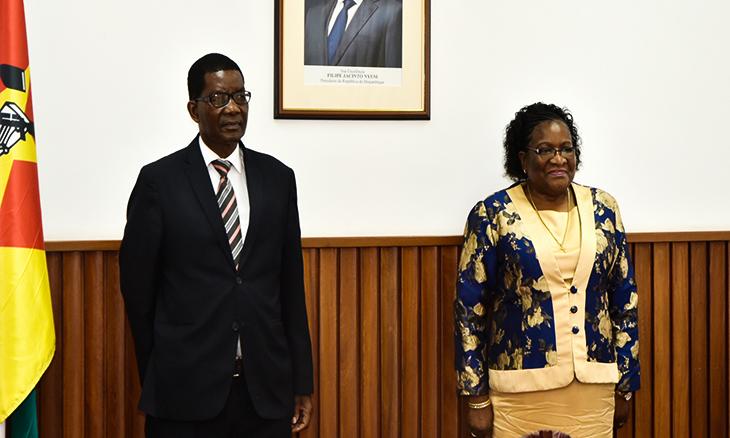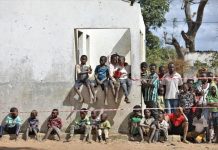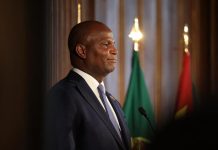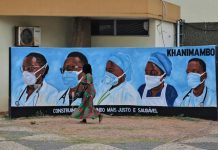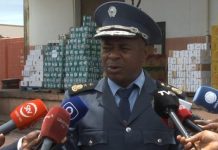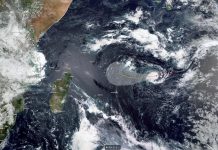Africa-Press – Mozambique. The Mozambican foreign minister on Thursday pledged that the state would “do everything to ensure” the success of the Southern African Development Community (SADC) mission forces deployed to support the fight against terrorism in Cabo Delgado.
“We would like to say that the government of Mozambique will collaborate in everything necessary for the success of the mission,” Verónica Macamo said moments after a meeting with the head of the SADC mission, Mpho Molomo, in Maputo.
The Mozambican minister of foreign affairs and cooperation said SADC’s willingness to support Mozambique in fighting terrorist groups in Cabo Delgado was a sign that the region would not allow extremist movements to emerge.
“In SADC, we do not want terrorism, and when it happens, we all join together to fight this evil,” Macamo said.
On Thursday, the Mozambican ministry of defence announced the arrival in the country of an “advance team” for the preparation of conditions for the deployment of the SADC military force that will support the fight against armed groups in the northern region.
“There is this advance team, which is working with our teams on the ground, for the reception of the SADC force”, said the Ministry of Defence spokesman, Omar Saranga, speaking to public broadcaster Radio Mozambique.
Under a mandate granted by the SADC heads of state and government, the regional organisation will deploy a contingent of troops to Mozambique to combat the armed groups carrying out attacks in Cabo Delgado province for over three years.
The number of troops that the organisation will send to Mozambique is not publicly known, but military experts have said that the mission should be made up of around 3,000 soldiers.
There is already a contingent of 1,000 Rwandan military and police personnel in Cabo Delgado to fight the armed groups under a bilateral agreement between the Mozambican government and the Kigali authorities.
Armed groups have terrorised Cabo Delgado province since 2017, with some attacks claimed by the Islamic State group.
According to the United Nations, there are more than 2,800 deaths, according to the ACLED conflict registration project, and 732,000 displaced people.

